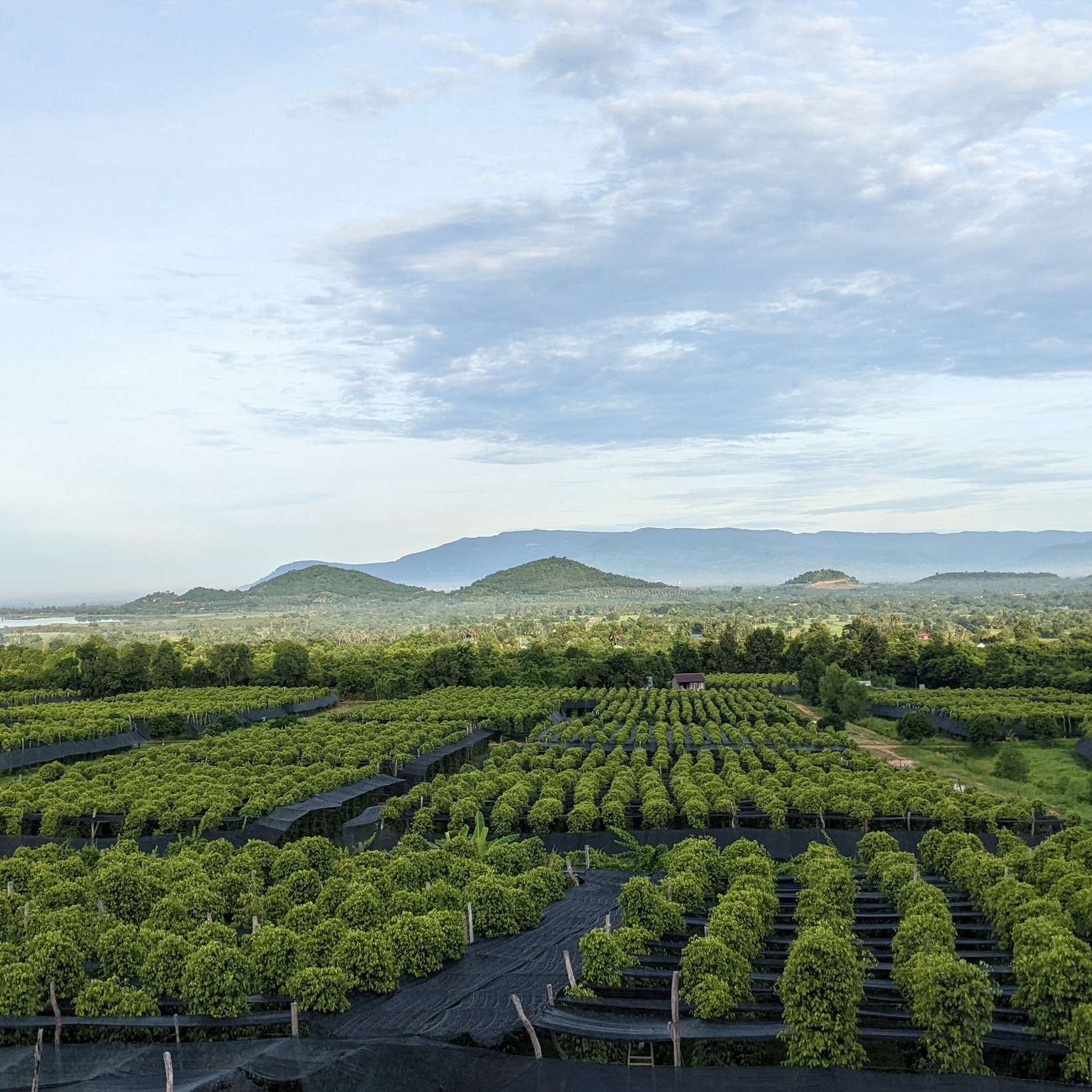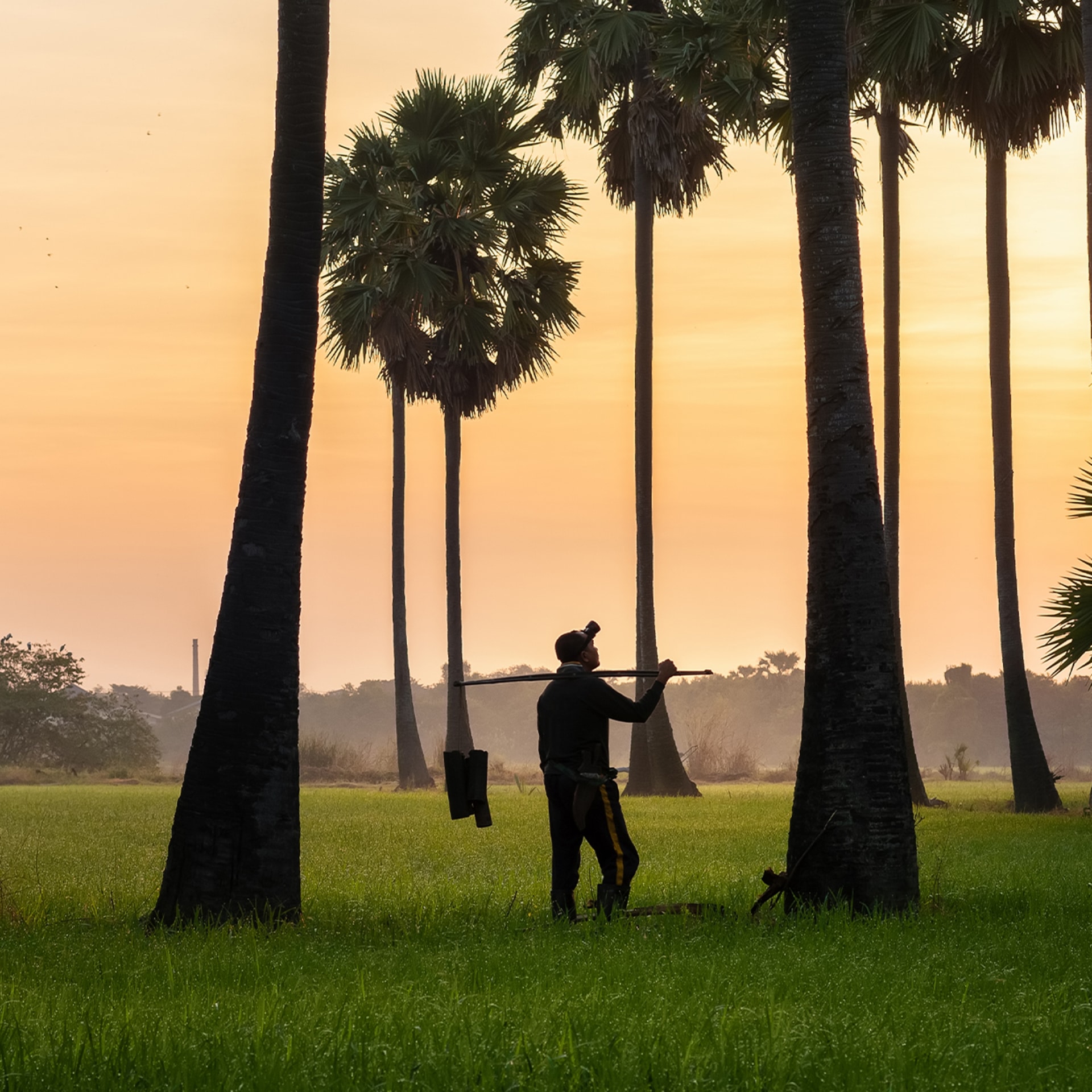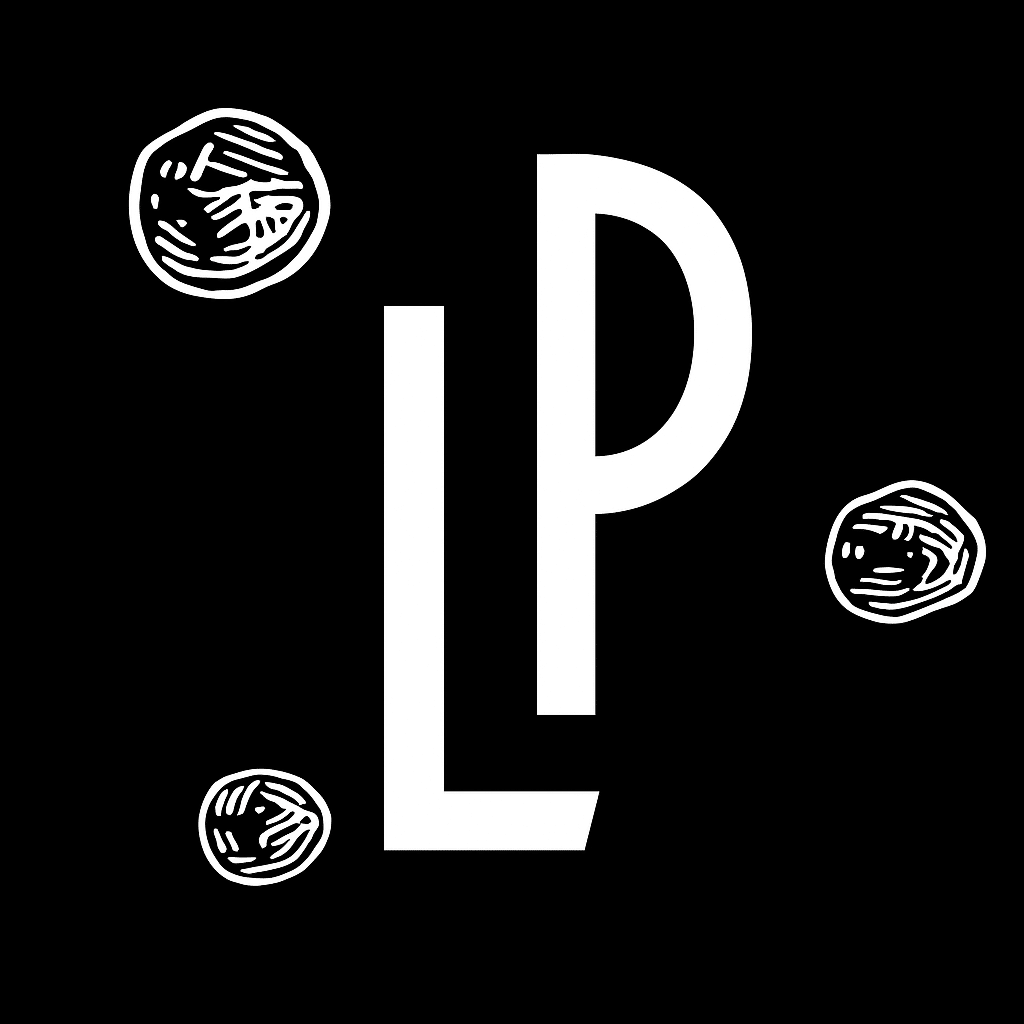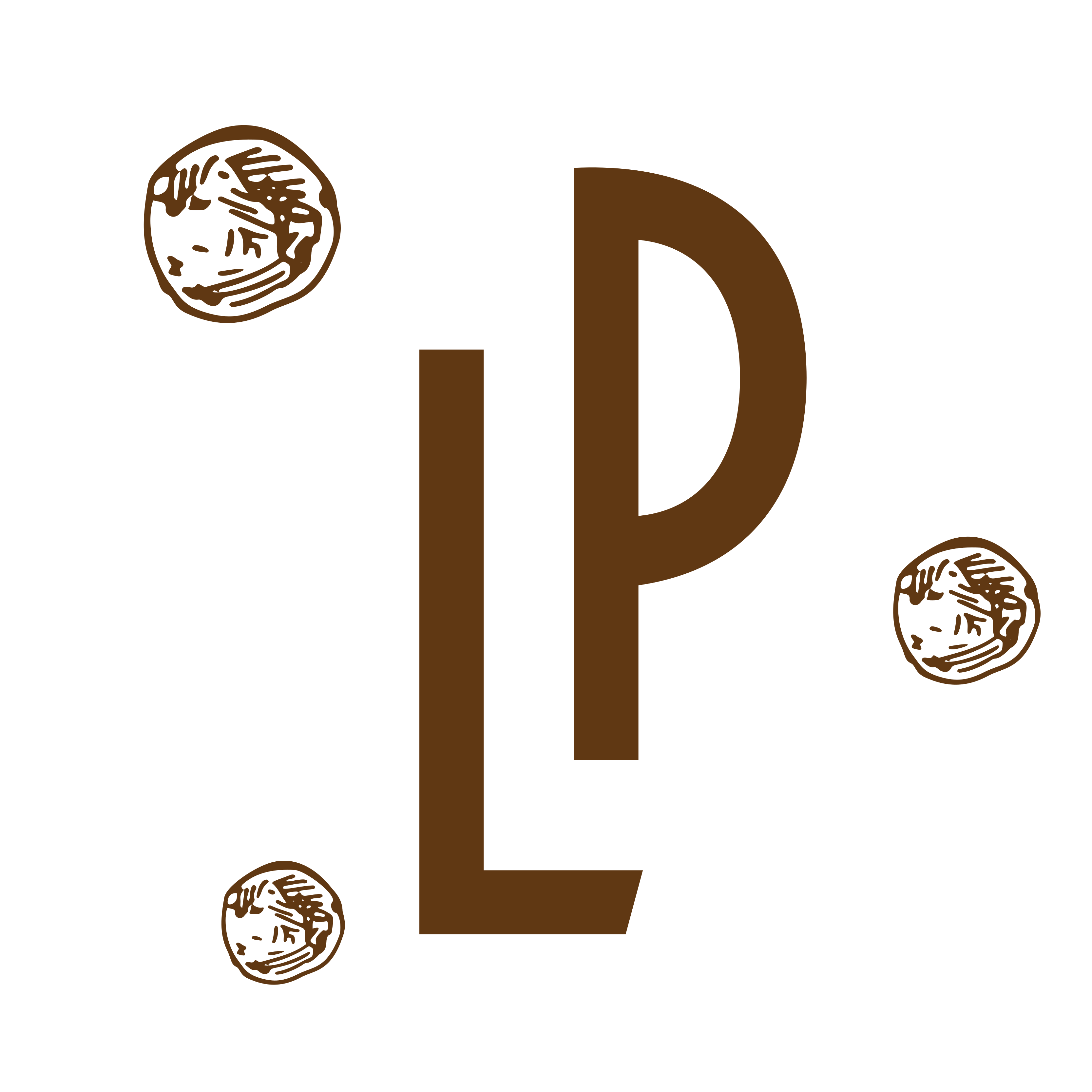
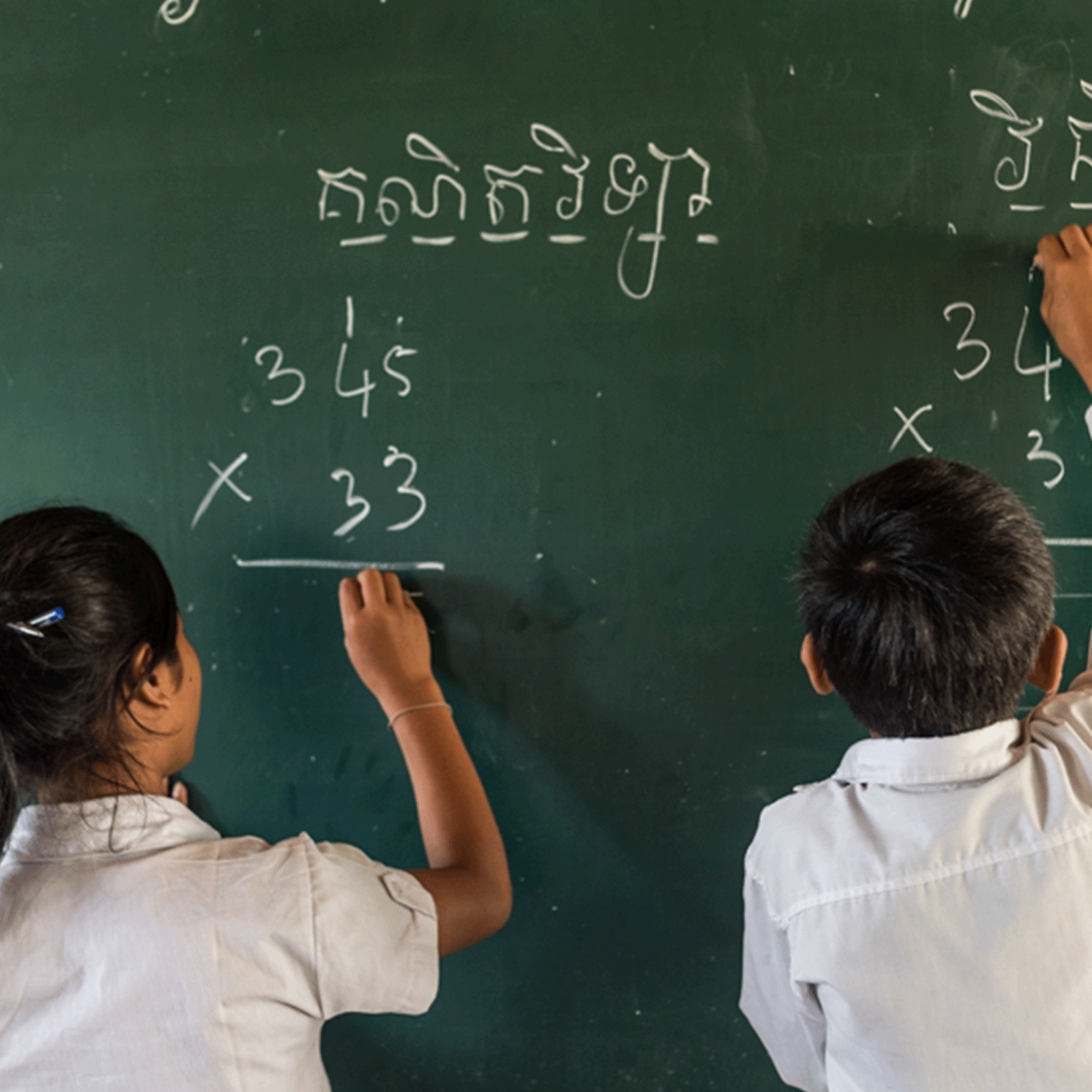
Do you know our NGO Les Écoles de la Plantation?
The village primary school
As soon as we arrived in the countryside of Kampot province to create La Plantation, we wanted to visit the village primary school. While talking to the teachers, we realised that their salaries were not enough to support their families. We therefore quickly decided to support this school, but mainly for the benefit of the children. By offering an additional salary to the teachers, we obtained in exchange that they give lessons at the school in the morning and in the afternoon. Divided into 6 levels with 3 classes and 3 teachers, the hundred or so pupils can now follow the entire school programme validated by regular examinations.
At the beginning of each school year, we organise with the school director a tour of the surrounding villages to visit each family and make them understand the importance of enrolling their young children in school so that they can benefit from a good education. The children are so happy to go to school and are eager to learn.
On the first day of school, we give each student a supply kit so that they have the tools they need for their education. For those who live at a medium distance from the school (a few kilometres), we offer them bicycles. And all receive a uniform: white shirt and blue trousers, shorts or skirt.
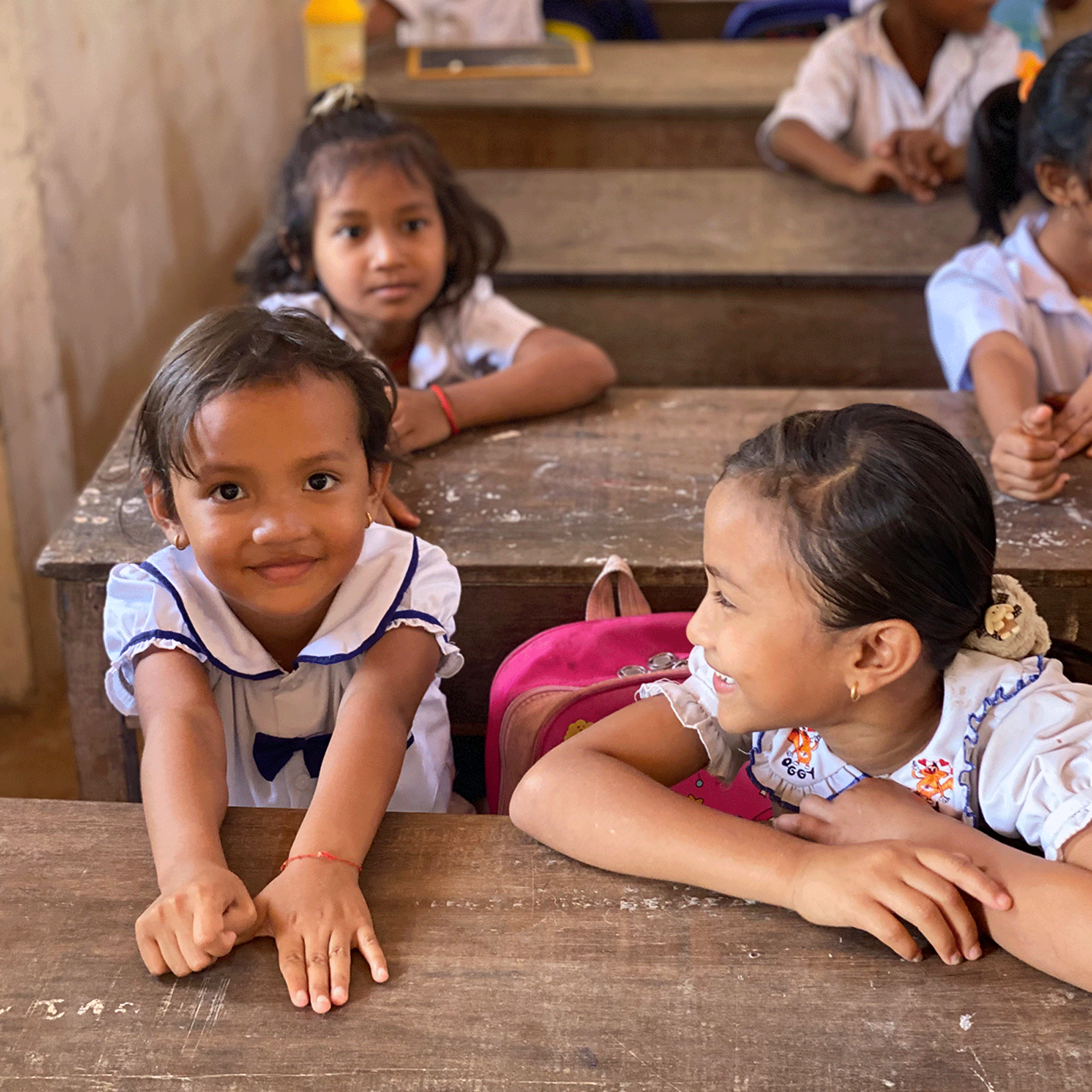
Access to secondary education in rural areas
The drop in secondary school attendance in Cambodia can be explained by several factors: the main obstacle is the distance between the village and the secondary school, which leads to additional transportation and food costs for the parents. The possibility of working from the age of 16, or, for girls, help with the management of the house and the family, or organised marriages while they are still relatively young, can be factors in dropping out of school.
This is why we have set up a programme to accompany children to secondary school (the six years equivalent to Collège and Lycée). We select the best pupils with the Director of the primary school and ask for the commitment of the pupils and their parents to study until the baccalaureate. On our side, we organise the logistics and financial support. Indeed, we have a driver who takes our students by car 6 days a week, morning and afternoon, to Kampot, located 20 kilometres from La Plantation. The children also have money to pay for their breakfasts and lunches in Kampot and we finance the school fees, uniforms, books and school supplies.
We are very proud of the fact that our students in the programme are doing very well, ranking among the top students in their grades. They follow a double curriculum: English in the morning and Khmer in the afternoon.
English classes at La Plantation
One of our very generous donors gave us a huge gift of a traditional wooden house – Salachan – which we reassembled on La Plantation and which is now the “Maison des Enfants”. It is there that we organise every Saturday and Sunday English classes in two levels for all the children of the village. In a more playful way, they will learn to communicate better in English with a common vocabulary and less formal than the school program. They will be better equipped for their future studies and professional lives.
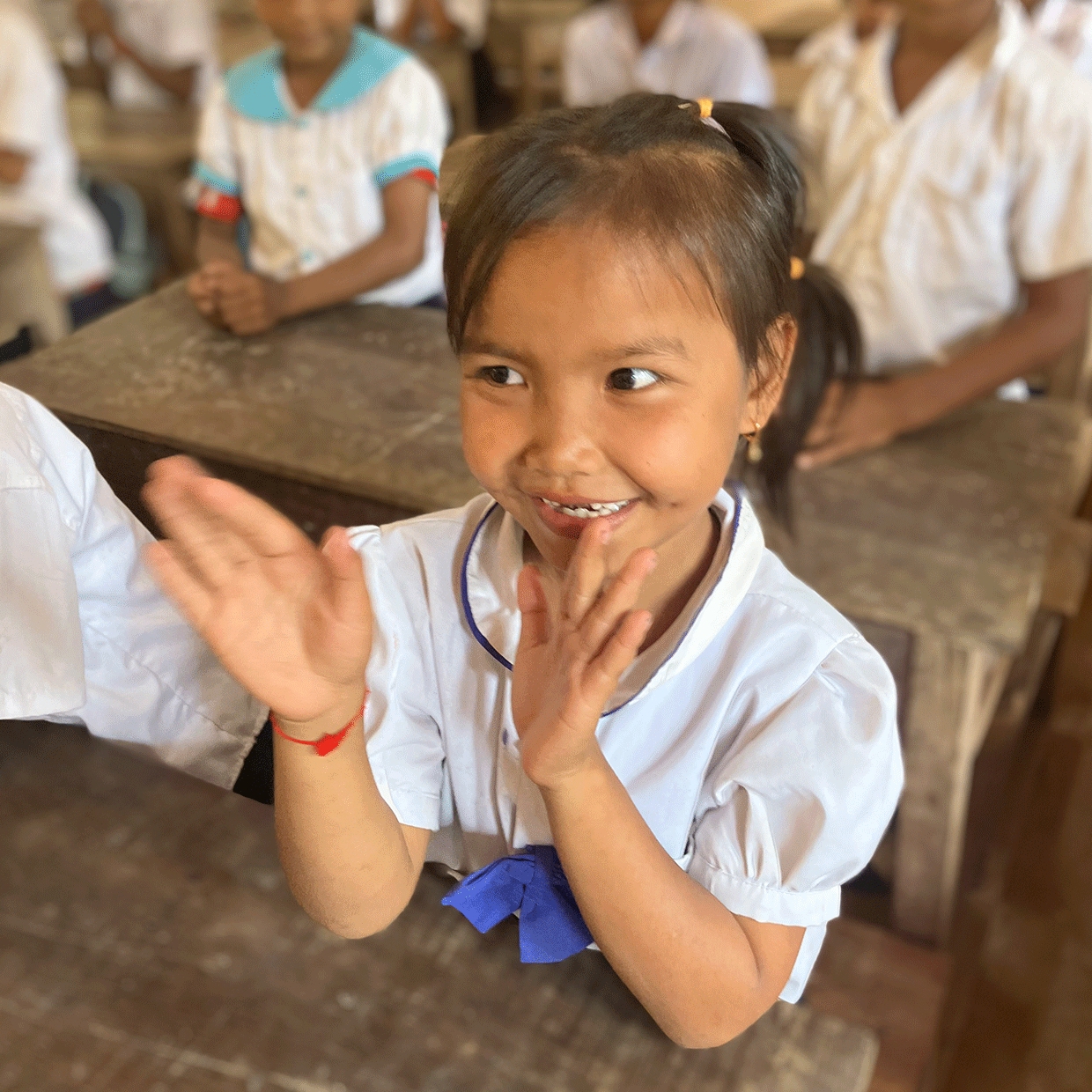
What happens next for the kids?
Access to a university must then be considered in Phnom Penh. This year, Panha has just passed his baccalaureate and we have enrolled him in the Law University of Phnom Penh. He wants to become a lawyer! Congratulations on his journey and we are at his side to help him conquer the capital that he did not know until two months ago! He now has a motorbike and can move between his student room and his university. He also works in a restaurant to earn money to support his family.
What are the costs of schooling for the different levels?
For primary school, each child in school represents an annual cost of 100€, for secondary school the logistical costs increase the annual cost of schooling which is about 1500€ per student. For the University, the costs of accommodation, food and tuition bring the annual cost per student to around €6000.
When a child joins the secondary or university programme, it is a long-term commitment that we make to them. This is why we need your help and appeal to your generosity.
How do we fund this programme and how can you help?
We have set up two structures in the form of an NGO in Cambodia, registered with the Ministry of the Interior. This association is responsible for the operational management of our programme expenses. Another non-profit association, under the French law of 1901, has been created in France, so that our donors can benefit from a tax deduction of 66% of the amount of the donation. This association is used to collect the funds which are entirely paid to the Cambodian association. The operations and management are carried out on a voluntary basis. No salaries are paid except for those of the teachers.
We would like to thank our generous donors without whom this programme would not have been able to develop over the long term.
A recent testimony of our support for the children
“On my last visit to the school to hand out T-shirts to the children, a mother came to me and explained that her 9 year old daughter Sophanna was disabled and could not walk. Even though her friends at school often carried her to play in the playground, she was not free to move. So of course, we offered a wheelchair to this little girl to give her a little more chance to blossom despite her disability,” says Nathalie Chaboche, the co-founder of La Plantation and president of the French and Cambodian associations.
Don’t hesitate to add a donation for La Plantation Schools to your next order on our e-shop! We will be very grateful to you!
